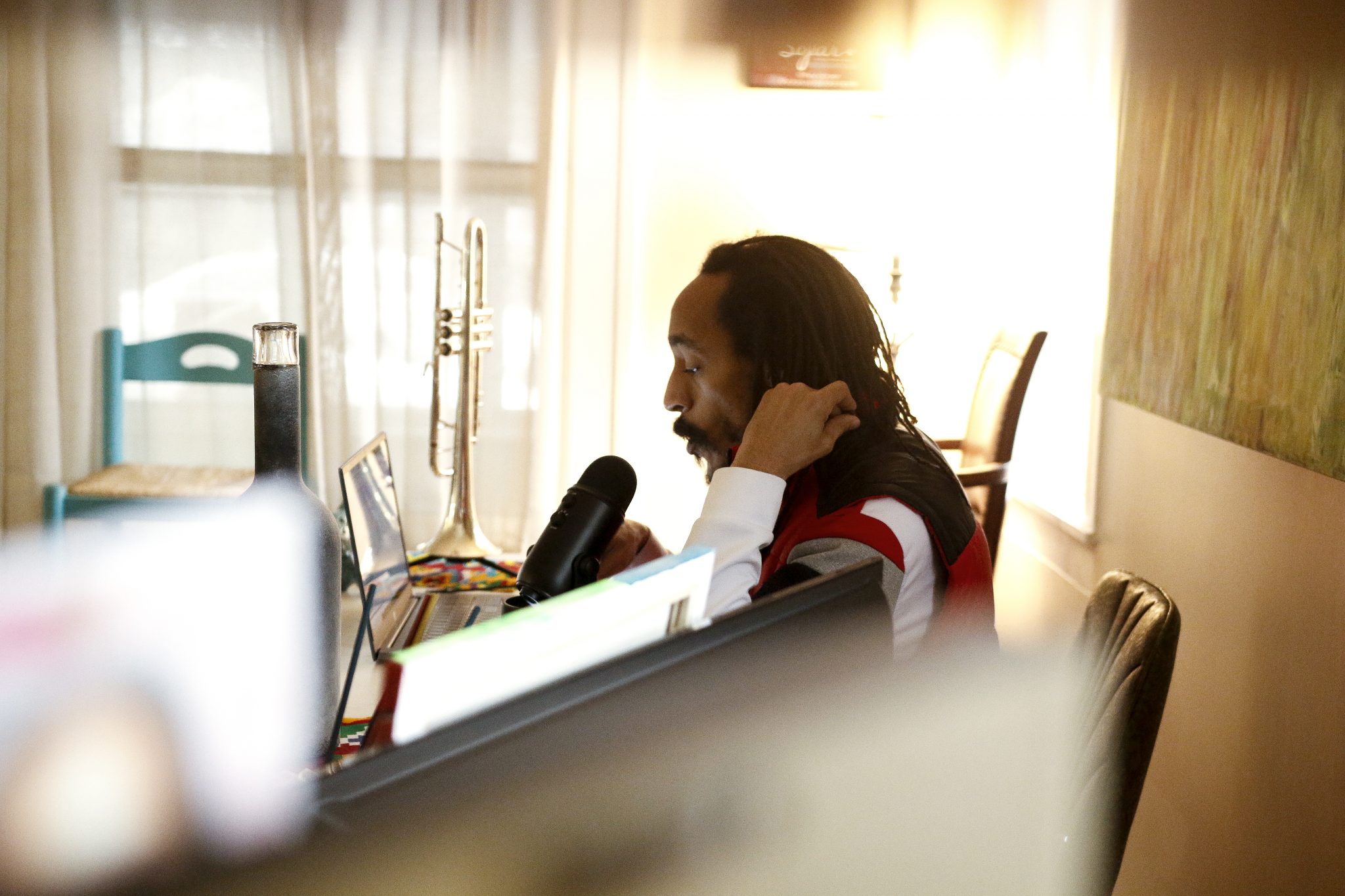Instrumental Interrogation: How a Clarinet Concerto Could Possibly Change How We Listen to New Music and to Each Other
Words by Joshua Thompson
The second season of Melanated Moments in Classical Music opens with a set of guests who are as groundbreaking and luminous as the piece they discuss. Admittedly, the chance to interview and take a deep dive into music with a 2020 Pulitzer Prize winner in music AND the New York Philharmonic’s first ever Black principal player, was equally exciting and rife with great expectation. The accomplishments and testimonials of these gentlemen are numerous, known around the world, and neither appears to show any sign of stemming the tide of their creative output. So, while the temptation to succumb to the perils of being star struck by The Dean of African American Opera and arguably the most celebrated clarinetist of his generation was great, both Anthony Davis and Anthony McGill offered an interview that quickly pushed past pretense and got to the heart of an all too familiar experience for many Black people in America. The salience in which they speak to said experience through music is unparalleled. The way Davis commissions the contra alto clarinet and how McGill masters the instrument, is the magic that makes this newer work relevant and truly transformative to all audiences.
“You Have the Right to Remain Silent” (2007) is a stunning work by Anthony Davis in four movements (1. Interrogation 2. Loss 3. Incarceration 4. Dance of the Other). Based on a personal encounter with law enforcement decades earlier, Davis and McGill take the listener on a complex, jarring, isolating yet humanly beautiful journey—a journey that at times sounds sonically uncomfortable – but one we are all better for having completed it. This work, in its entirety, compels musicians and audiences alike to become more than just mere witnesses to the indictment on the main character of the piece. Instead, Davis creates a musical atmosphere where everyone is compelled to satisfy the role of the composition’s main character, the clarinet.
With this understanding in mind, we are all interrogated, at a loss for our own humanity, incarcerated and resolved to dance in our own ‘otherness’ and this is with the greatest of intention. It is only through the complete immersion in this work that McGill expertly describes player and audience developing ‘a soul of [their] own’. As our senses and sensibilities are confronted with jarring, alien, cosmic, post-modern, and metallic tonalities, we are all still on a journey for resolution, and catharsis.
This podcast episode affords our audience a privilege most concert goers frequently are left without: personal explanations and guidance through a work that to some, may seem unapproachable and questionably ‘musical’. In this regard, Davis’ post-modern work and the discussion of racial tensions nationally and globally, are familiar bedfellows. Too often, both are referred to as ‘noise’, ‘divisive’, ‘quizzical’, or too ‘avant-garde’. Most often, for both, all that is required is the willingness to become the character facing scrutiny and live THAT experience even if it is just one concerto at a time.
For Davis and McGill, this is how we connect in the spirit of healing after centuries of fragmented humanity and value. For myself, the commentary from these gentlemen yields valuable insights on how to talk about and program new music and how we can have an open and honest discussion about race using music as the root of universal minimalism found in all of us.
Learn more:









Leave a Reply